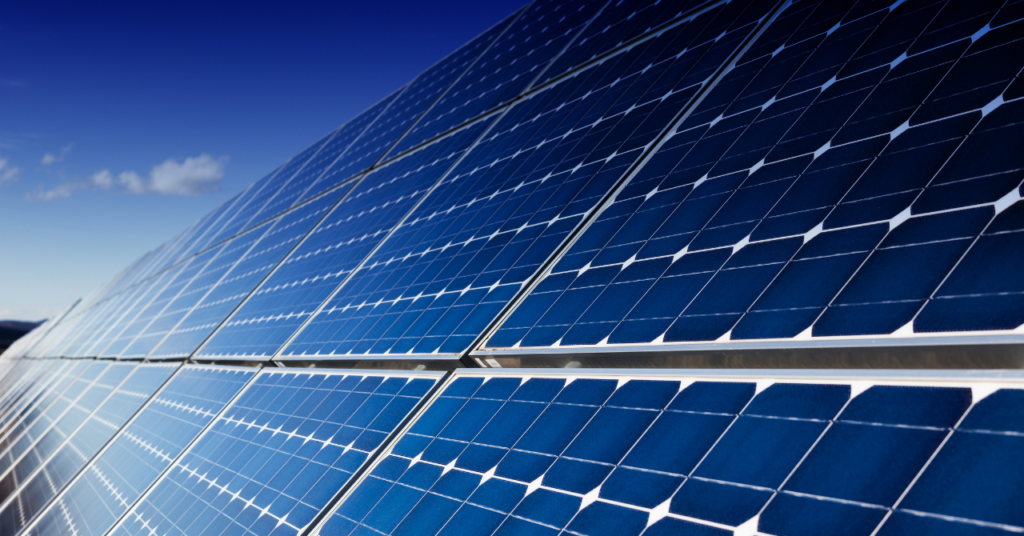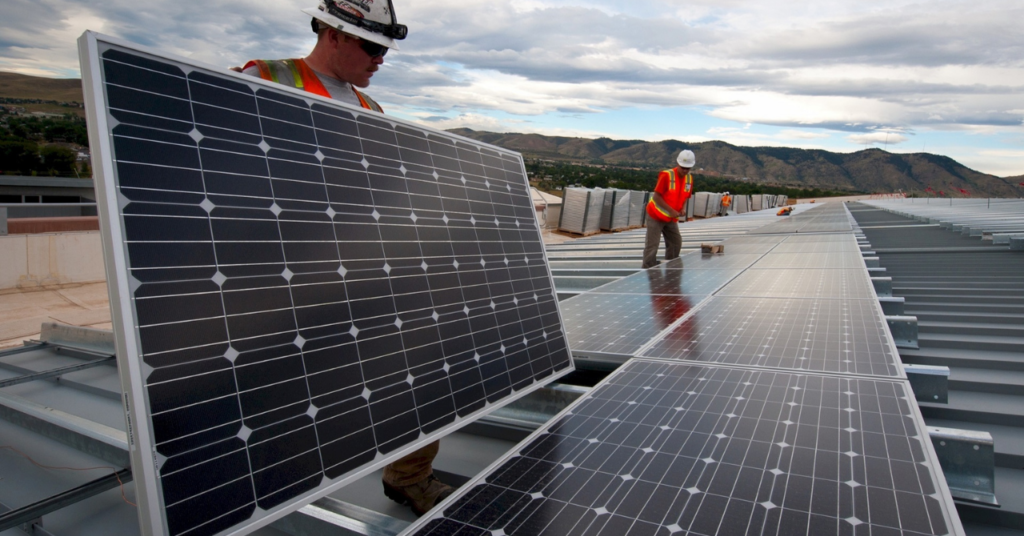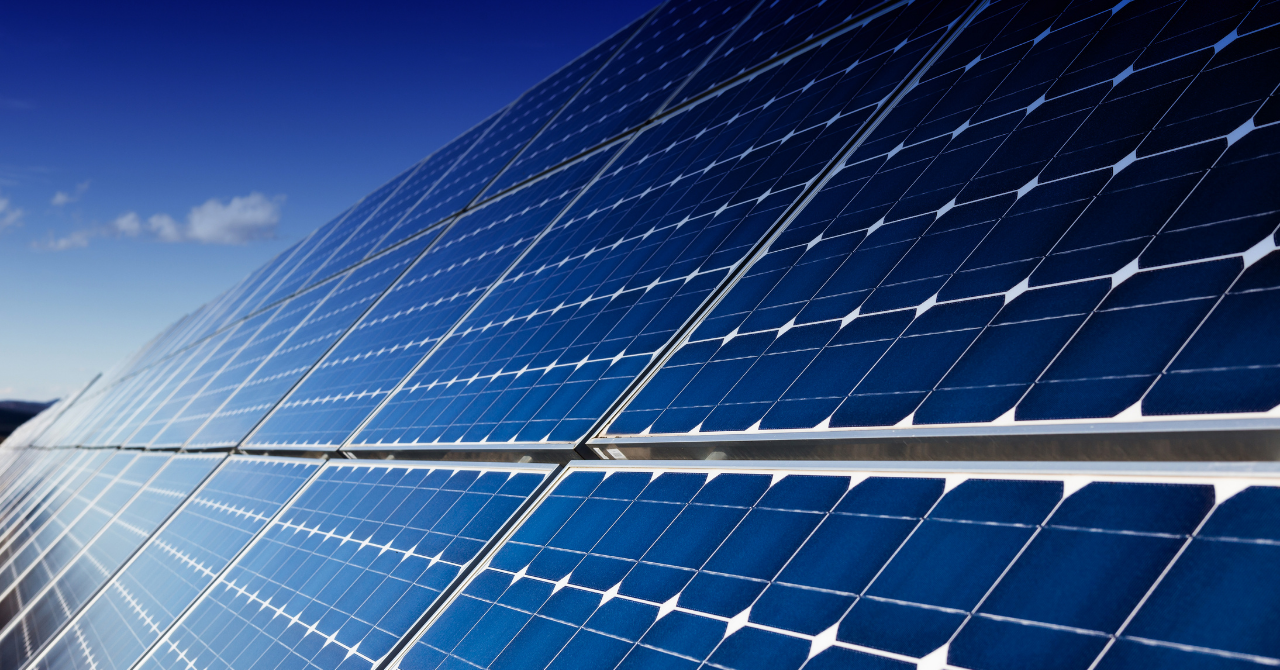How accurately do solar cells work? This is a question that many people ask, especially after they have seen the vast savings in their electricity bills. It is quite understandable why people want to find out how solar panels actually work. There are many advantages of using solar power.

A solar panel is made up of photovoltaic or solar cells. These cells convert solar energy into electricity by turning light into energy. The rays from the sun will be converted as well. The rays have different energy levels depending on the color.
The basic function of a solar panel is to absorb the rays and transform them into electricity. The converted electricity is then fed into an electric generator. This is where the problems occur. For a solar cell to work, its output should be greater than its input. Unfortunately, solar cells don’t always generate the amount of current they are supposed to.
How do you know if your solar cells are working properly? One way to find out is to watch it. If it is constantly generating more electricity than it is using, you will know that something is wrong. Some of these things are interference from other solar cells in the area or even cloudy days. These factors can affect how accurately the panel produces electricity.
How accurate are solar cells work when it comes to heating water? Solar cells are used to heat water. When solar panels work correctly, it produces enough heat to melt the snow on the sidewalks or roads. Some people use them for heating pool floors as well.
How accurate are solar panels work when it comes to producing electricity? This is a tricky question to answer simply because there are many factors that can affect this process. However, it would help if you had an idea of your monthly energy usage and a few calculators online to help you determine your energy requirements. When you have this information, you can then calculate how much energy your solar panel needs to produce for your home.
How accurate are solar cells to produce power when its day time? When solar energy is most available, it is night time when solar cells are most active. They produce their most energy during the hours of darkness. During the daytime, the sun’s rays are stronger and therefore more powerful as such solar panels require the most sunlight during the day.
How accurate are solar cells work when detecting the existence of inflow of electricity in batteries? When you recharge a battery, the maximum amount of energy is produced. At the same time, your solar panel is detecting this energy, and it translates this into a voltage which is then sent to a charger. The bigger your battery, the more you can store, which in turn will increase your overall electricity usage.
How accurate are solar cells work for determining the existence of the inflow of heat in the room? The solar panel is detecting the heat energy emitted by the room. This heat energy then passes through the solar cells. The difference between the hot and cold air is then determined, and this informs the solar cell whether the current is flowing in the direction it needs to be. If the current is not flowing in the direction it needs to be, then the solar cells work perfectly!
How accurate are solar cells work in determining the presence of frost on the roof? Frost is commonly found on the top of houses during the winter season. When solar energy is able to reach the rooftop, it is used to heat up the room. If the frost is blocking the sunlight, then the solar panel is not able to detect this current, and no electricity is being produced by the solar cells.
How accurate are solar cells work in determining the presence of fog on the roof? Moisture is often found on the roofs during the winter season. During this time, solar panels are less active than usual. So, they are less able to sense the energy needed to heat the house up.
How accurate are solar cells work in determining the amount of daylight that reaches the surface of the earth? It seems like it should not be that difficult. After all, there are times when there is a lot of daytime, and there are times when there is not. There are also cloudy days and times when the sun does not shine as bright as it usually does. The only way for such factors to impact the production of electricity is if the rate of electricity consumption is different from the rate at which the sun lights up the earth.


